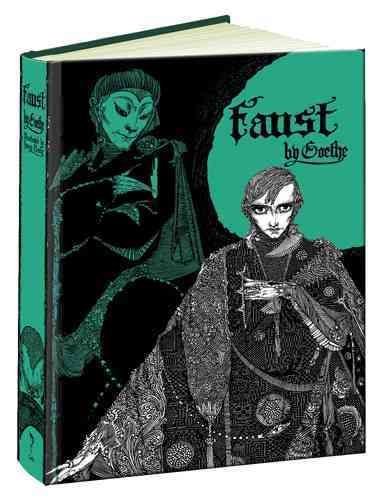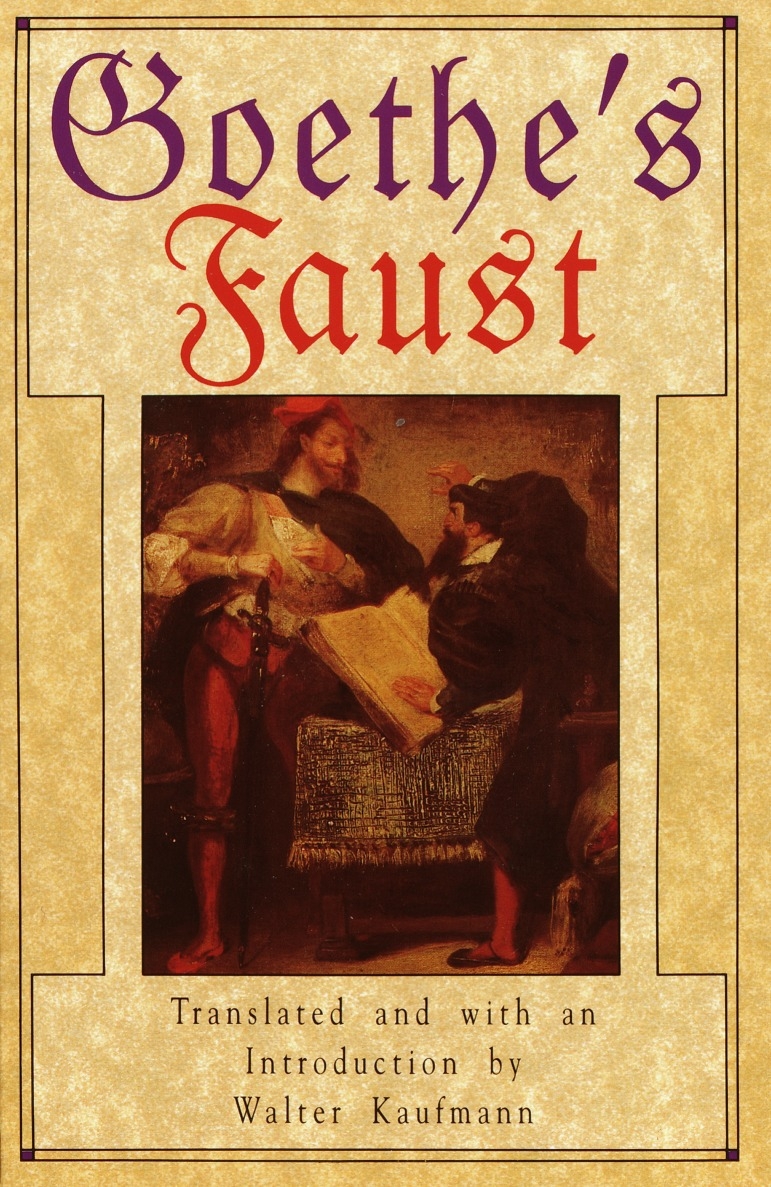
As they leave, the Devil gives Faust a small gift box. Mephistopheles reenters and tells Faust that he sees the girl returning to her room. He admits to himself that he came “to seize the crassest pleasure” but now he is overcome by “dreams of love!” The bed, he imagines, is where Nature shaped the girl and “wrought the semblance of divinity.” Faust is critical of himself and his own motives. He lifts the curtain over the bed and becomes even more enraptured.

He tells his image of the girl that he feels “the whisper of your spirit.” The entire cottage, because she is in it, is “doglike” to him.


Faust, collapsing in a chair next to the girl’s bed, begins to wax poetic about his love and lust for the girl. Faust wants Mephistopheles to leave him alone, so the latter exits. Mephistopheles and Faust enter the girl’s bedroom while she is not there. She is sure he was of noble family and is impressed that he would be so bold with her. In another room, Gretchen braids her hair and thinks of the “gallant figure” that she met on the street that day. Look at pictures.The scene opens in a small, tidy bedroom. Some wear to the edges and covers from age. These are hardcover in good condition for the age. With introductions, notes and illustrations. The Harvard Classics edited by Charles W. Faustus - Christopher Marlowe (The master of blank verse, Marlowe was the first to turn the Faustian myth into a morality play it remains an apogee of Elizabethan drama.) This work influenced many artists of the day, including Arthur Hugh Clough, whose The Bothie borrows heavily from this work.) Hermann and Dorothea - Johann Wolfgang von Goethe (Goethe’s “novelette in verse” tells the story of a young girl who finds love after fleeing the chaos of the French Revolution. Count Egmont leads an ultimately tragic rebellion against Spanish rule in The Netherlands.) Faust sells his soul to the devil for knowledge.)Įgmont - Johann Wolfgang von Goethe (Perhaps best known from Beethoven’s overture, Goethe’s Egmont represents a classic work of Sturm und Drang literature. Part I - Johann Wolfgang von Goethe (Goethe’s retelling of the classic Faust legend and the crowning achievement of his literary output. Faust, Part I, Egmont & Hermann and Dorothea, by J.W.


 0 kommentar(er)
0 kommentar(er)
